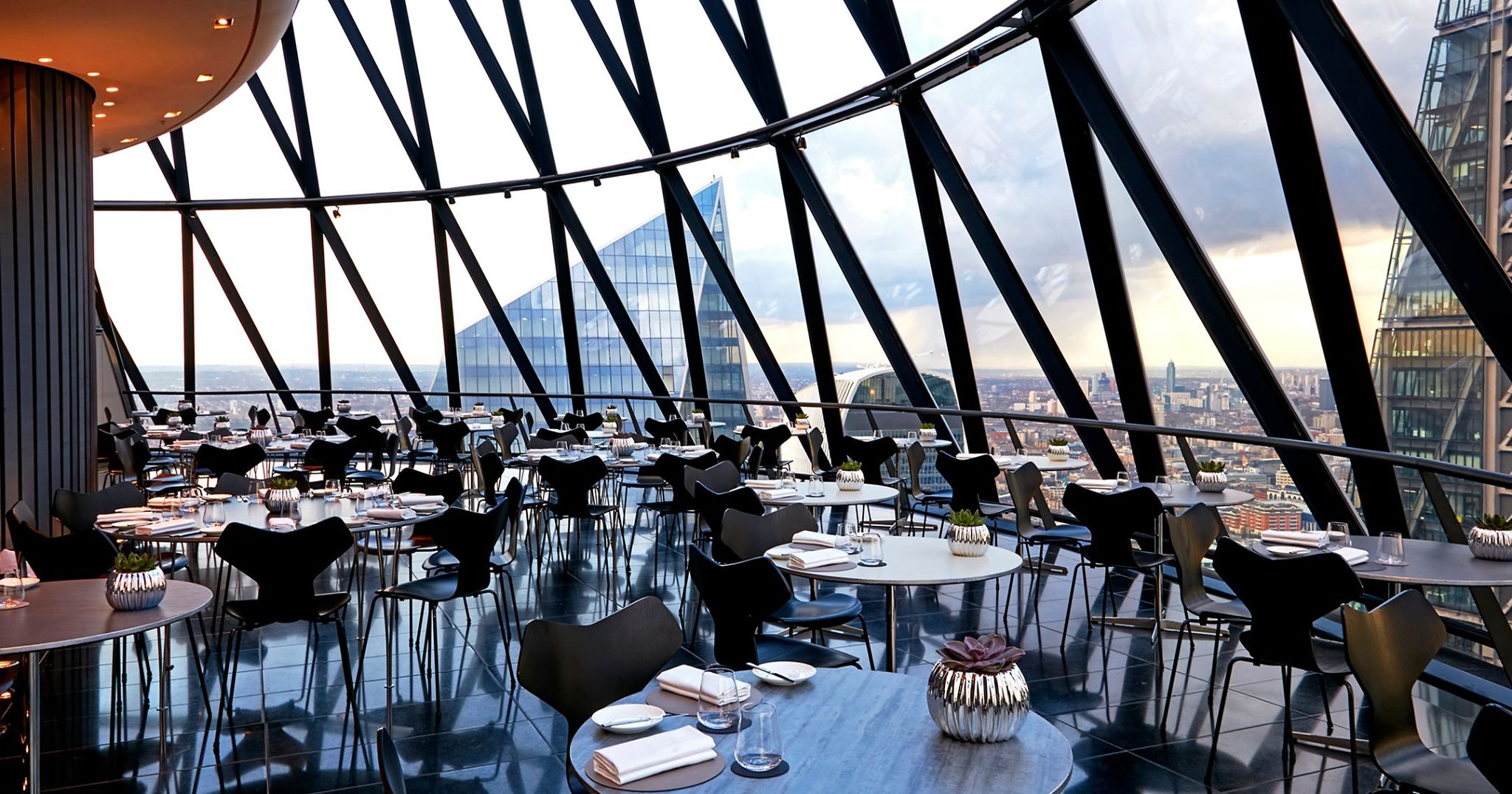What Makes an Event Planner Really Good at What They Do?
If you’re an event planner, you’ll know everything centres around creating a memorable experience for your guests. To make a good impression, you need a host of qualities to ensure your clients want to use your services again.
This article will discuss those qualities in detail, revealing what it takes to be a successful (and less stressed!) event planner.
Ability to empathise with clients
We’re sure you’ve been there. You try to explain why you like something to a friend or relative, but they don’t get it. They can’t envision things the way you do. It’s frustrating.
It’s the same when working with clients. You need to connect — whether on a business or personal level — to get a feel for what they need, operating well beyond their list of requirements.
This means listening carefully and understanding their vision for the event. Seeing things from their point of view makes it easier to empathise and deliver something that truly reflects their personality and style.
A flexible nature
When you’re planning an event, things can change at a moment’s notice. The ability to adapt on the fly and take control when it’s needed is an essential skill for any event planner.
Whether it’s a guest speaker cancellation or a last-minute call from a hire company saying they’ve run out of the chairs you had on hold. Being able to solve these problems efficiently and flexibly is a highly sought-after skill.
An ability to be both ever-present and never seen
Being on-site for any event is a dance, and it’s a dance you know well if you’re an event planner. You’re there but never noticeable, never intruding. You know exactly when to speak up and when to sit back and wait for your client to need you.
One of the great things about being an event planner, especially a good one, is that you’ve already done all the work by the time you get to the day of the event. It’s your role to manage the timeline and production, problem solving as issues arise (and they will), but once you’re a seasoned planner, you’ll be able to spot the weak spots before they ever come to disturb your event.
A meticulous eye for detail
There’s no room for vagueness in event planning. Digging into the details of what your client wants from their event, lets them know you are invested. It can also differentiate between a somewhat cold, generic event and a truly memorable one.
Whether it’s the seating arrangement or the type of lighting — a good event planner is meticulous in their attention to detail, ensuring that every element has been put under the microscope, leaving nothing to chance.
Being organised
With so many moving parts involved in event planning, you’ll need to be highly organised to ensure everything goes off without a hitch.
From the planning stages to the post-event checklist, you’ll need to keep detailed records of your schedule and any external providers you rely on. One tiny misstep and your guests could be left without a literal seat at the table or not attending at all.
Many event planners have transferable skills from previous jobs which aid organisation. These can be anything from strong project management skills to staying calm under pressure. Whatever your past skillset, you’ll likely find a use for it in event planning.
Embracing the right technology for events
Like many industries, using technology to streamline complex processes has become commonplace in the events industry. Don’t be scared, though. The right tech can boost accessibility and engagement — simplifying the often-chaotic role of an event planner.
Whether you’re using specialist management tools to organise your event or virtual event platforms like Zoom for those who can’t attend in person, being open to technological assistance can help to break down some of your more painstaking manual tasks.
Able to remember the bigger picture
As well as focusing on the finer details of your event, you also need to understand the bigger picture. Do you know what your client’s overall goal is for the event? If not, spending time on the more minor details can be futile.
This is where communicating with your client is critical. If you’re unsure of what they need, ask. Event planning means understanding an event’s broader goal and adding finer details, such as décor and catering, to make it memorable.
Project management expertise
Event planning is complex. It requires strong project management skills, from the pre-planning logistics of managing dozens or even hundreds of vendors to the day-of production skills that will make your event flow smoothly.
To put on a seamless and unforgettable event, you’ll need to coordinate each element of your event, not limited to venues, vendors, and guest speakers. Communicating clearly with all involved and delegating tasks among your team is essential when ticking off tasks on your to-do list.
Not terrified of numbers and budgets
Oh, and one last thing. You’ll need to be good with numbers, especially because you’ll manage someone else’s budget. Not only that, but you’ll also need some snazzy negotiation skills and tools in your back pocket.
Managing budgets effectively is a big part of the planning process. When budgeting, you should communicate any financial issues with your client to ensure they’re resolved promptly. Budgeting software like Scoro can make life a little easier, helping you maintain a good planner-client relationship by keeping you in the green.
Looking for help planning your event?
We’ve got you covered if you’re looking for locations for your next event. Contact us — we’re ready to help you take the first step to put together your next big event.






